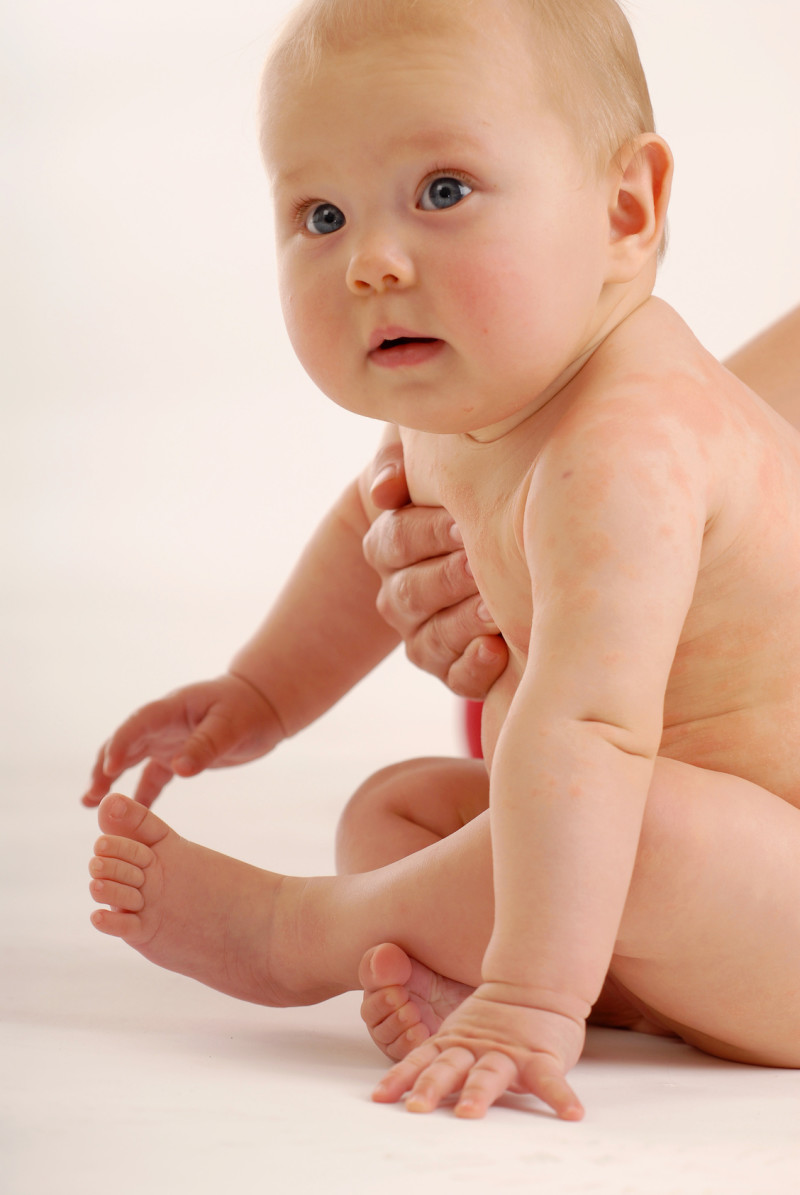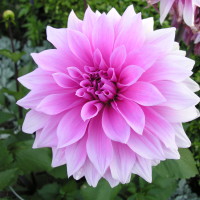
Eczema affects 10-20% of children and 1-3% of adults. Babies can have eczema involving their entire bodies including their trunk and face. Toddlers and school aged children tend to complain of dry, itchy skin in their “flexoral areas” behind their knees and in the creases of their elbows. Adults often develop dry, cracking, itchy skin and blisters on their hands better known as “dyshidrotic eczema.”
Eczema is often known as the itch that rashes. You often scratch the itchy skin until it becomes red and irritated.
Eczema can be associated with food allergies, environmental allergies and asthma. Increased asthma symptoms can worsen eczema symptoms. Controlling asthma and allergy symptoms are a vital part of controlling eczema.
Other triggers associated with eczema include viral infections, cold air exposure, heat and sweat, fragrances and perfumes, staph colonization and other skin infections, anxiety, and stress.
Diagnosis
A Board Certified Allergist will perform a thorough history, physical exam, and appropriate skin testing to help determine which triggers are contributing to your eczema. Dr. Simpson will combine this information to provide you with a customized skin program to reduce the itching and improve your quality of life.
Treatment
The primary goal in eczema (atopic dermatitis) is to restore moisture to the skin.
Recommendations for managing atopic dermatitis include:
- Take a bath once daily in lukewarm water and moisturize afterwards.
- Moisturize as frequently and as often as you can
The more you moisturize, the better your skin will feel. Diaper time is a great time to reapply moisturizer in addition to after baths. Keeping the moisturizer in the refrigerator can be less irritating. - Distractions- Eczema is the “itch that rashes”
- Use sunscreen in the summer:
Recommendations include: Vanicream, Neutrogena sensitive skin, Aveeno Mineral Block, Blue Lizard Baby, and Badger Unscented Sunscreen - Steroid creams may be prescribed to decrease inflammation
- Antihistamines- Benadryl, Atarax
- Avoid common irritants
Examples include: wools, fragrances, fake jewelry, nickel, perfumes, scents, smells - Wet Wrap Therapy for patients with Moderate- Severe Atopic Dermatitis
Put on a wet layer (pajamas for arms/legs/trunk and socks or mittens for feet/hands). Leave the wet layer on for approximately 20-30 minutes and then apply a layer of moisturizer. Wet wrap therapy should not be applied to open, oozing, or excoriated areas. Evidence based studies have shown how effective this therapy can be for even moderate to severe cases of eczema. Dr. Simpson, a Board Certified Allergist, can customize a treatment plan for you.
Avoid fragrance free soaps, no bubbles. Soaps with a low pH similar to our skin work best such as Cetaphil but Dove, Aveeno, and Neutrogena work well also.


